

By collection of used cooking oil from restaurants and their conversion to biodiesel, Ecoil is creating a massive positive impact on the health of the society and the environment. We are also contributing to Sustainable Development Goals by United Nations


Carbon emission saved
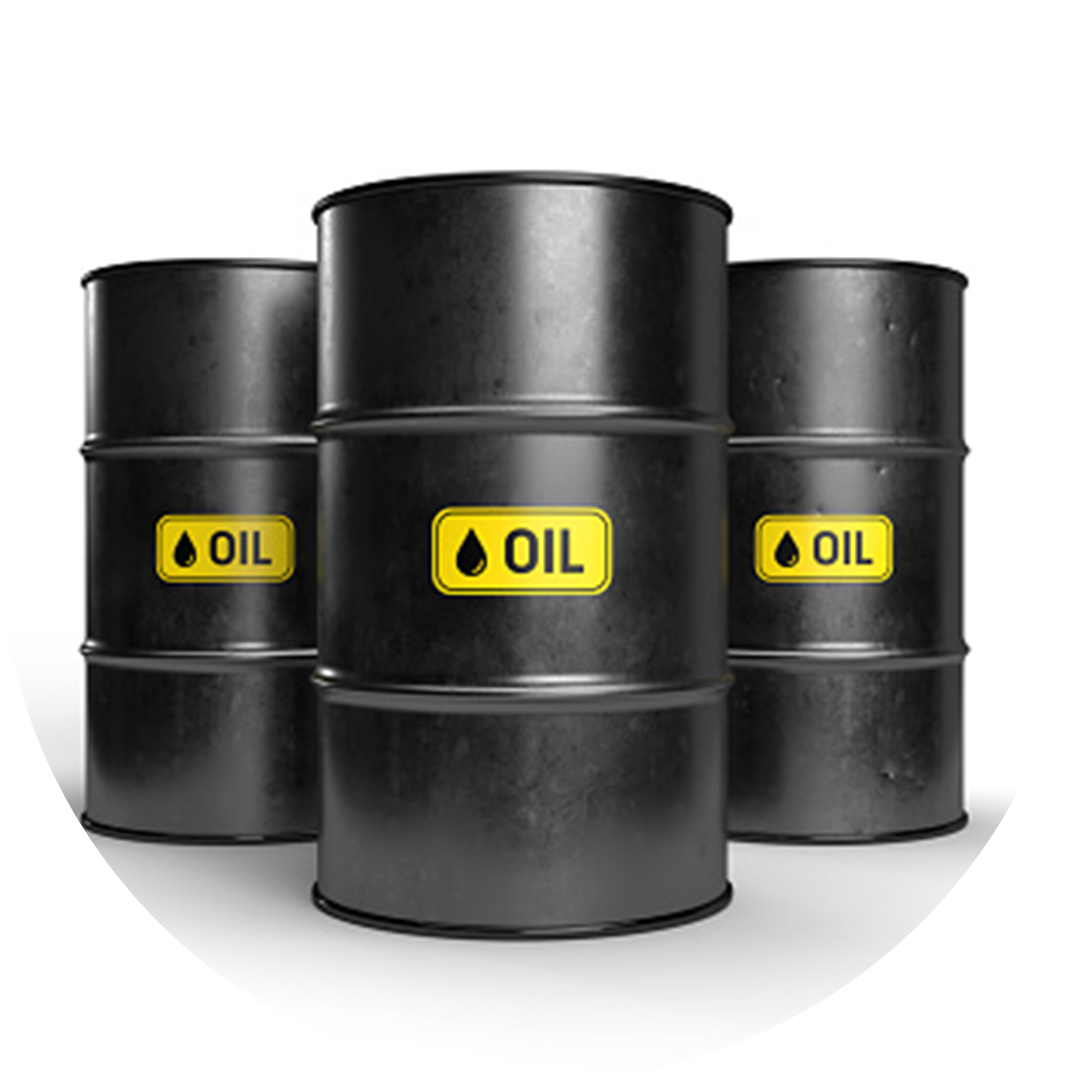
UCO converted till date

Happy Families
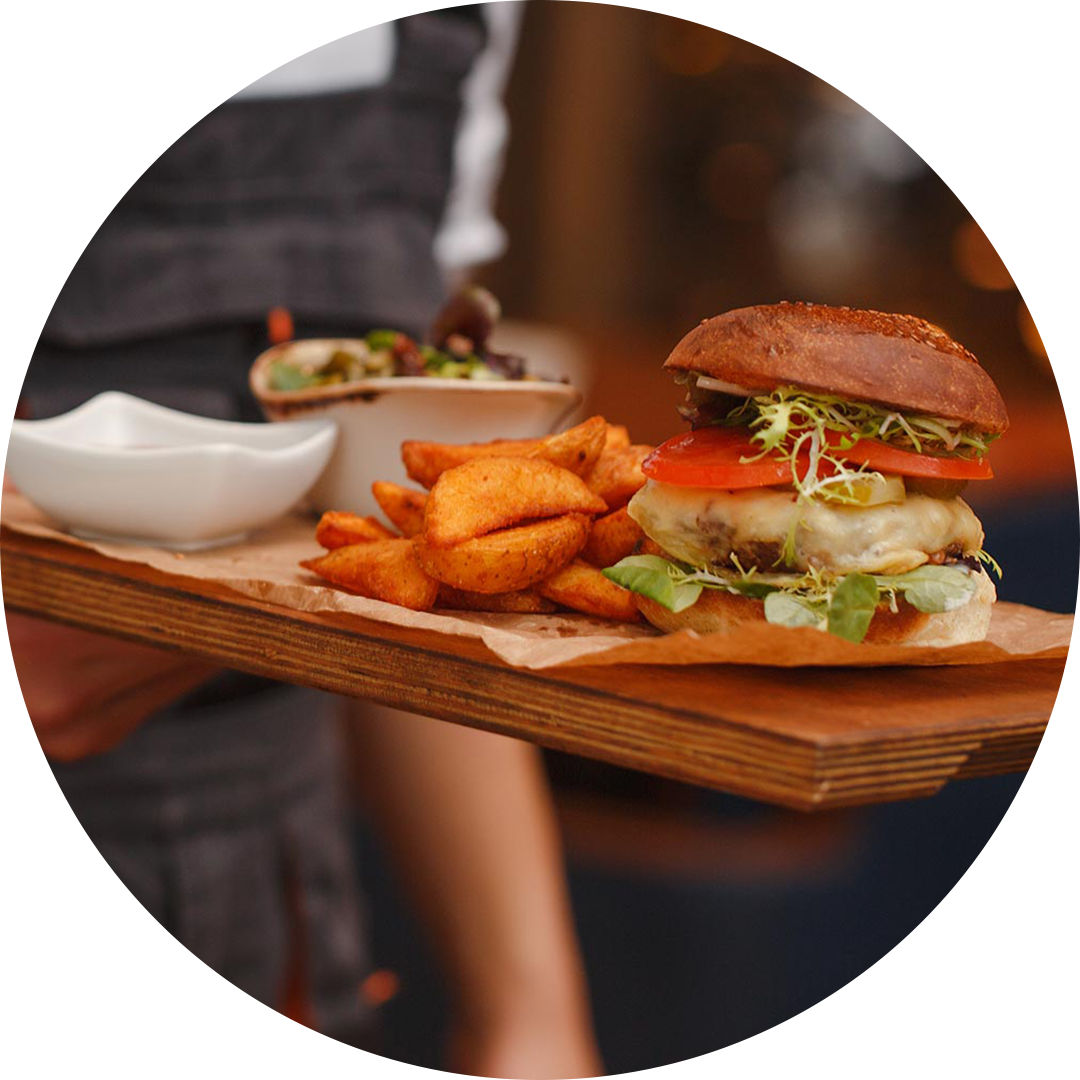
Food Business served
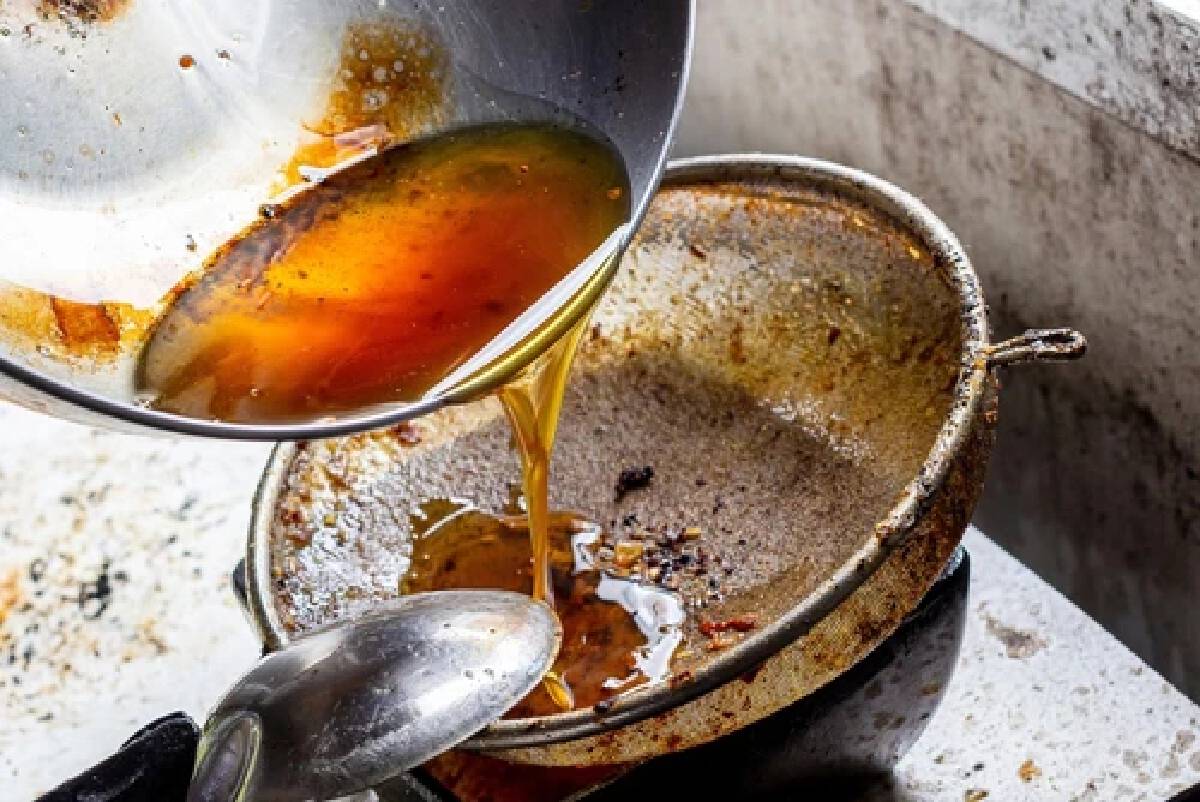
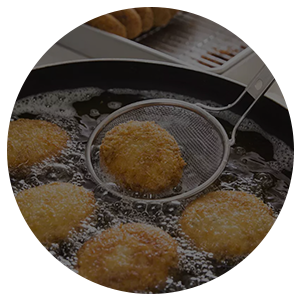
UCOs increase free radicals, which promote inflammation, the root cause of most ailments like obesity, heart disease, and diabetes. Inflammation lowers immunity and increases infection risk. Black, smokey oil-cooked food reheated throughout the day can raise LDL cholesterol. LDL cholesterol increases heart disease, stroke, and chest discomfort chances. Reheated frying oil may be causing your stomach and throat to burn more often. If you have high acidity, avoid roadside trash and deep-fried meals as they are cooked in Used Cooking Oil Reheating cooking oil also makes the oil more carcinogenic, which is cancer-causing. Used Cooking Oil has been found to be one of the main causes for diseases like Alzeihmer's, Parkinson's as well. Thus consumption of food cooked in repeatedly fried oil can be extremely detrimental for human health
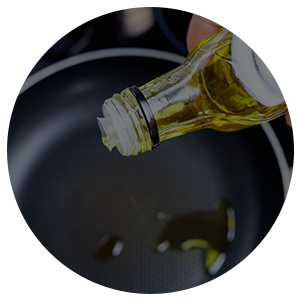
UCO not only clogs and chokes municipal sewers, but it also decreases the efficiency of Waste Water Treatment Facilities. Furthermore, when spent oil eventually winds up in natural water reservoirs, it adversely affects aquatic and marine life. It has been discovered to kill fish, birds, plants, and other aquatic life forms by coating them with oily coatings, decreasing their ability to breathe and ultimately suffocating them to death. It is also a major contributor to water pollution because of its well-known capacity to increase the Bio-chemical Oxygen Demand (BOD). With the general public becoming more aware of the detrimental effects of re-using cooked oil on human health, an increasing amount of Used Cooking Oil is being abandoned and dumped into the environment after each of those lavish feasts thus harming the envioronment


Biodiesel is a renewable, biodegradable fuel that is manufactured from vegetable oils, animal fats and waste cooking oil. Due to its biodegradable nature, it is used as a replacement for fossil diesel fuel. It can also be mixed with petroleum diesel fuel in any proportion.
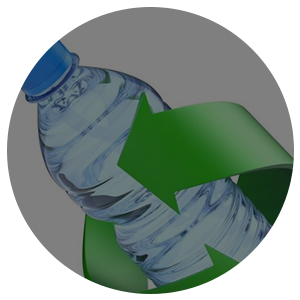
For recycling UCO to biodiesel a process called transesterification is carried out. But before that UCO is purified and filtered. Infact UCO, or used cooking oil, is rated based on its colour and clarity and this determines its recycling time as well
A big tank cleans and sieves the oil to remove food and other solid trash. Heated oil in the tank separates tiny particles and pollutants that settle at the bottom and can be removed. After cleaning and filtering in the tank, the oil is dispersed into a bigger filtering system until it fulfils biofuel refinery criteria.
The oil is nearly biodiesel-ready. This goes through the process of transesterification. Once its done, the UCO is successfully converted to biodiesel.